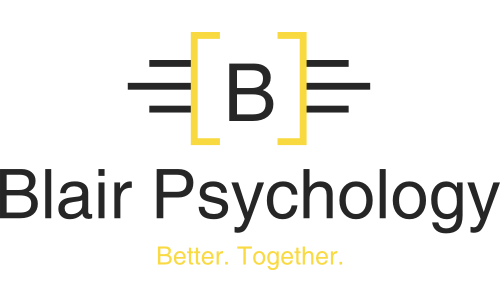“I wish emotional bruises healed like physical ones.”
When we think of bruises, we usually think of the sensitive, discolored wounds created by trauma to the blood vessels under our skin. However, bruises are not just physical. We have emotional bruises as well. While not visible to the eye, these emotional bruises can be far more sensitive and more painful than any physical bruise could ever be. Failure to understand how our emotional bruises impact our relationship is a recipe for conflict, hurt, and disconnection.
If you haven’t already, it’s time to have a conversation with your partner to better understand how unidentified emotional bruises are impacting your relationship. Together, you can work to create a plan to effectively navigate around them.
OUCH!!!
Imagine you’re meeting your partner for lunch. When your partner arrives, they greet you with hug, a kiss, and a loving rub on your arm. Under normal circumstances this would be fine. However, earlier in the day you accidentally ran into a doorpost and now have a huge bruise on that arm. Of course your partner doesn’t know this and you actually completely forgot about the bruise until your partner touched it. Think about your responses to these questions:
What would your initial reaction be (before you remembered the bruise)?
What would your partner’s initial reaction be to your reaction (remember they have no idea there’s a bruise on your arm)?
In this instance, is it fair to get mad at your partner for being “too rough”, or “causing” the pain?
Who’s at fault?
If you’re like most people, your initial reaction would be pretty extreme. You might yell, wince in pain, or even jerk yourself away from your partner. These reactions are totally appropriate and make complete sense given that they hit your bruise. However, your partner (and everyone else around you), has no way of knowing about your bruise and would probably look at you pretty strange. That is of course until you rolled up your sleeve and showed them your arm. In that moment, everything would make sense.
Yes, it’s true that your partner’s actions caused you extreme pain. However, it’s also true that your partner’s actions were not only well intentioned, but objectively gentle. Under normal circumstances their actions would not result in any pain or discomfort. They didn’t do anything “wrong”, yet they still caused unbearable pain. Emotional bruises work the same way.
The thing about bruises is that the pain we experience is not directly proportional to the event that occurred.
It’s also important to remember that the person who hits the bruise is often not the person who originally caused the bruise, and thus it is not their fault, especially when the contact was accidental. It is however their RESPONSIBILITY to respond with patience, empathy, and compassion once they become aware that bruises are present. However, knowing that your partner has a bruise and intentionally hitting it is mean and completely unacceptable in a healthy, loving relationship.
Where Are Your Bruises?
We all come into our relationship with emotional bruises. Unfortunately, we also pick up several additional emotional bruises along the way. Identifying these bruises and understanding how they effect our relationship can prevent unnecessary conflict, pain, and distress.
EXERCISE:
Where are your bruises? Take some time to identify the emotional bruises that effect your relationship. (Hint: In what areas of your relationship are you particularly sensitive? What types of things to you tend to “over-react” to? Do you struggle with jealousy or trust? Does talking about finances make you uncomfortable? Do raised voices trigger you? Do you feel easily rejected or inadequate (as a partner, parent, or person)?
Bruise:
How do I usually react when my partner hits this bruise?:
When this bruise is hit how can I respond in a way that fosters connection with my partner?:
How can I work together with my partner to navigate around this bruise in the future?:
Come back every Monday for my latest post.
Have a topic you’d like to hear about? Email me at Drjblair@gmail.com

